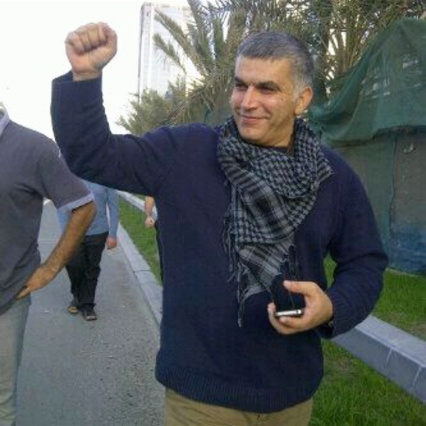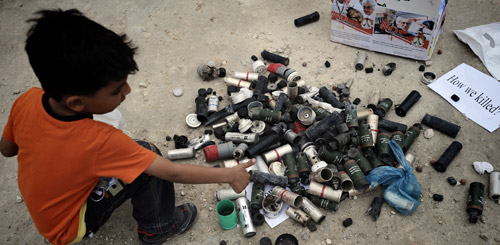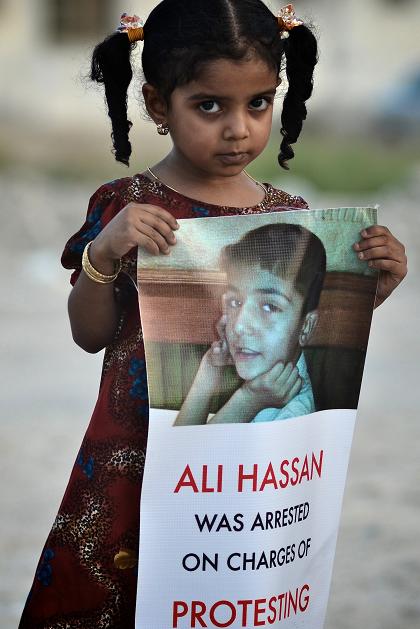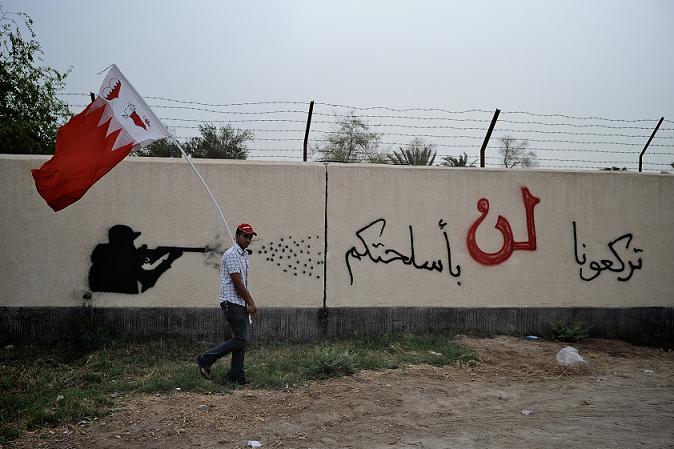On August 16th, Bahraini political activist Nabeel Rajab was sentenced to three years in jail for his peaceful role in protests critical of Bahrain’s monarchy. He had already been in prison since July 9th, when he was convicted of libel after sending a tweet that criticized Bahrain’s Prime Minister.
But despite all of this, the US State Department did not publicly call on its military ally to release Nabeel Rajab until after his three year sentence had already been handed down.
Why did the US State Department wait so long to come to Nabeel Rajab’s defense?
There were plenty of missed opportunities along the way. One such moment was on August 1st, when Assistant Secretary of State Michael Posner testified (see pg 16) at a congressional hearing focused on Bahrain. In his written testimony (pg 4), Assistant Secretary Posner called on the Government of Bahrain to “drop charges against all persons accused of offenses involving political expression and freedom of assembly.”






 Tomorrow marks the one-year anniversary of the start of protests in Bahrain. Bahrainis
Tomorrow marks the one-year anniversary of the start of protests in Bahrain. Bahrainis 